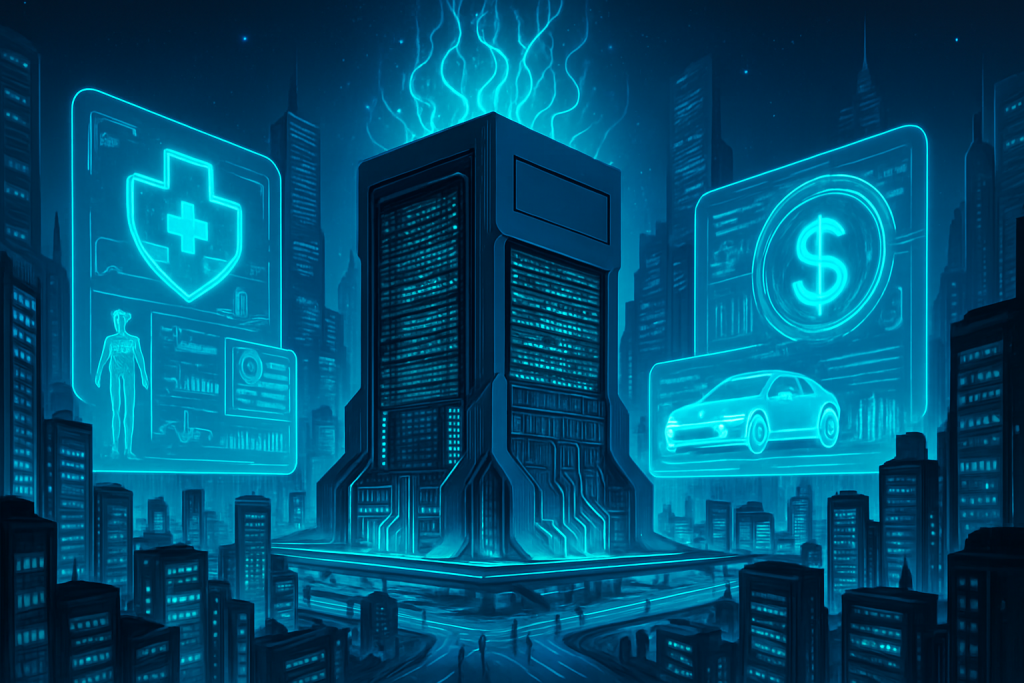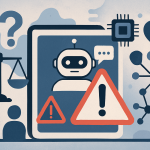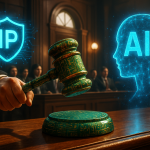The year is 2025. Flying cars, still mostly a pipe dream (thanks, supply chain issues!), but the real revolution? It’s happening inside the machines. And yesterday, August 31st, Elon Musk, never one to shy away from a grand entrance, dropped a bombshell: Colossus. Not the Marvel mutant (though wouldn’t that be something?), but xAI’s brand-new, ridiculously powerful AI supercomputer. Think Deep Blue playing chess, but instead of pawns, it’s manipulating entire industries.
Now, Musk wading into the AI pool isn’t exactly news. He’s been hinting at this for years, a glint in his eye as he talks about the future. xAI, his AI venture, was always destined for something big. But Colossus? This feels like moving from tinkering in the garage to launching a rocket to Mars. We’re talking about a machine so powerful, it’s less a computer and more a digital god, at least according to the hype.
The specifics, naturally, are shrouded in a bit of mystery. Think Apple product launch levels of secrecy, but with more existential dread sprinkled in. We know it’s being touted as the “world’s most powerful supercomputer dedicated to AI tasks.” Which, let’s be honest, is a pretty bold claim. But coming from Musk, it’s almost expected. The promise? To turbocharge machine learning, crunch data like it’s going out of style, and run simulations that would make even the most seasoned scientist’s head spin.
So, what does this mean for the rest of us mere mortals? Buckle up, because the ripple effects could be seismic. Healthcare, for instance, could see breakthroughs in drug discovery and personalized medicine, all thanks to Colossus’s ability to analyze vast datasets and identify patterns invisible to the human eye. Imagine a world where cancer is a thing of the past, or where genetic diseases are eradicated before they even begin. Sounds like science fiction, right? Maybe. But Colossus is pushing us closer to that reality.
The automotive industry is also poised for a major shakeup. Autonomous vehicles are already making waves, but with Colossus powering their development, we could see self-driving cars become truly ubiquitous, safer, and more efficient. Forget traffic jams and parking woes; imagine a world where your car is your personal chauffeur, whisking you away to your destination while you catch up on your favorite shows. Suddenly, that morning commute sounds a lot less painful.
And then there’s the world of finance. High-frequency trading already relies on sophisticated algorithms, but Colossus could take it to a whole new level. We’re talking about lightning-fast market analysis, predictive modeling that’s practically clairvoyant, and the potential to identify and mitigate financial risks before they even materialize. Of course, with great power comes great responsibility, and the implications for market manipulation and inequality are something we need to seriously consider.
But let’s not get too caught up in the utopian (or dystopian) visions. The truth is, Colossus is entering a crowded field. The AI arms race is in full swing, with major tech companies pouring billions into developing their own AI infrastructure. We’re talking about a combined investment of over $400 billion in the next year alone. That’s more than the GDP of some small countries! So, while Colossus may be the new kid on the block, it’s going to face some stiff competition.
This whole thing also raises some pretty profound ethical questions. As AI becomes more powerful, who controls it? How do we ensure that it’s used for good, and not for nefarious purposes? And what happens when AI becomes smarter than us? These are not just philosophical musings; they’re real-world challenges that we need to address before it’s too late. It’s like that scene in “Terminator” when Skynet goes online. We need to make sure we don’t repeat those mistakes.
The financial implications are equally complex. Colossus could create new industries and jobs, but it could also automate existing ones, leading to widespread unemployment. The gap between the haves and have-nots could widen, creating even greater social unrest. We need to think carefully about how we manage this transition, and how we ensure that everyone benefits from the AI revolution, not just a select few. It’s a bit like the industrial revolution, but on steroids.
So, what’s the takeaway? Colossus is more than just a supercomputer. It’s a symbol of the accelerating pace of AI development, and its potential to transform our world in profound ways. It’s a reminder that we’re on the cusp of a new era, one where machines are becoming increasingly intelligent and capable. Whether that era will be a golden age or a dystopian nightmare remains to be seen. But one thing is certain: the future is here, and it’s powered by AI.
Discover more from Just Buzz
Subscribe to get the latest posts sent to your email.


